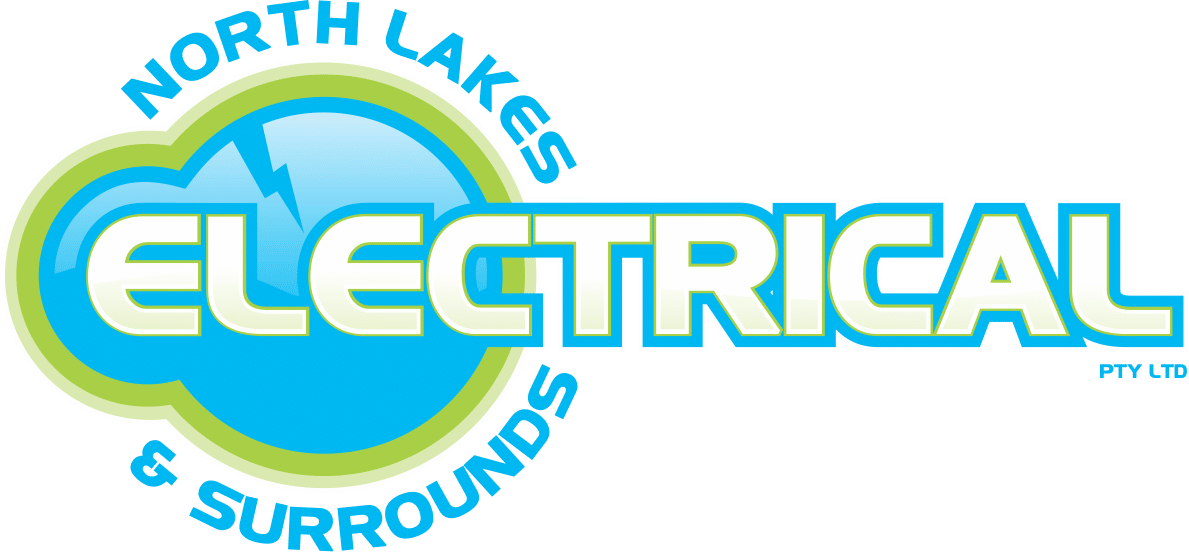Extension Cord Safety
Extension cords are a common and convenient way to bring power to electrical devices but you need to exercise caution when using them. More than 3,000 home fires originate from improper use of extension cords each year. If you need to use an extension cord as a temporary solution to installing additional power points, there are a few safety tips for you to remember.
Is it safe to use an extension cord?
In most cases, the temporary use of an extension cord is considered safe. However, using an extension cord for the long-term, for example in a home office or in the bedroom, it is recommended to instead invest in another power outlet where you need it.
If you need to purchase an extension cord, there are a few things you can look out for to ensure maximum safety. Purchase only cords that have been approved by an independent testing laboratory. Consider the length you’ll need and the wattage of the devices you’ll be using the cord with to ensure they are rated to handle it. A cord’s gauge indicates its size: the smaller the number, the larger the wire and the more electrical current the cord can safely handle. For use with larger appliances, a thick, round, low-gauge extension cord is best while smaller appliances and electronics will suffice with thin or flat cords. Choose a cord that has a three-prong plug. Additionally, reading the instructions for information about the cords correct use and the amount of power it draws is always an important step to take before using the item.
Using & caring for extension cords
Using an extension cord may seem pretty straight forward – plug it in and let it do its thing. However, there’s a bit more to it than that as they can deteriorate over time if used excessively and used in the wrong circumstances.
- Never remove an extension cord’s grounding pin to fit into a two-prong outlet.
- Do not use extension cords as a substitute for permanent wiring.
- Avoid powering multiple appliances with one cord.
- Never use indoor extension cords outdoors.
- Don’t plug multiple cords together.
- Don’t run extension cords under rugs or floors, through ceilings or in walls as the reduced airflow can cause heat build-up which may lead to a fire.
- Never tape extension cords to floors or attach them to surfaces with staples or nails as they may damage the wires in the cord.
- Don’t bend or coil cords when they’re in use, this can cause overheating.
- Cover unused cord receptacles with childproof covers.
- Stop using extension cords that feel hot to the touch.
It’s also important to care properly for extension cords. Always store them indoors, unplug them when not in use, throw them away if it becomes damaged, and always pull the plug (not the cord) when disconnecting for the outlet.
Why are extension cords a safety hazard?
Extension cords only become a hazard in certain circumstances, a lot of which were explained above about using them correctly. When extension cords are covered or in areas where there is a reduced air flow rate, they can overheat and could result in a fire. They can also be considered a trip hazard when used in high traffic areas so they should remain visible but out of any main pathways through your home.
Extension Cord Designations, Cord Length & Amperage
As mentioned before, different extension cords have different gauges and amperages. You will have to determine which is most suitable for you. To help you do so, the below list describes the designations and relevant amperage.
- S: Designed for General Use
- W: Rated for Outdoor Use
- J: Standard 300 Voltage Insulation
- T: Made from Vinyl Thermoplastic
- P: Parallel Wire Construction (Air Conditioner Cords and Household Extension Cords)
- O: Oil-Resistant
- E: Made from thermoplastic elastomer materials (TPE)
- 25 – 50 Feet Extension Cords
- 16 Gauge(1-13 Amps)
- 14 Gauge (14-15 Amps)
- 12-10 Gauge (16-20 Amps)
- 100 Feet Extension Cords
- 16 Gauge (1-10 Amps)
- 14 Gauge (11-13 Amps)
- 12 Gauge (14-15 Amps)
- 10 Gauge (16-20 Amps)
- 150 Feet Extension Cords
- 14 Gauge (1-7 Amps)
- 12 Gauge (8-10 Amps)
- 10 Gauge (11-15 Amps)
Please always remember that extension cords are a temporary solution. If you would like to install new power points, call us today for a free quote.
Contact us
Extension cords are extremely useful as long as they are used in compliance with safety standards. As temporary alternatives, they should not be used over a prolonged period of time as they may cause problems. If you encounter problems with your extension cord, please call our team at North Lakes & Surrounds Electrical for a consult on (07) 3053 3118.

